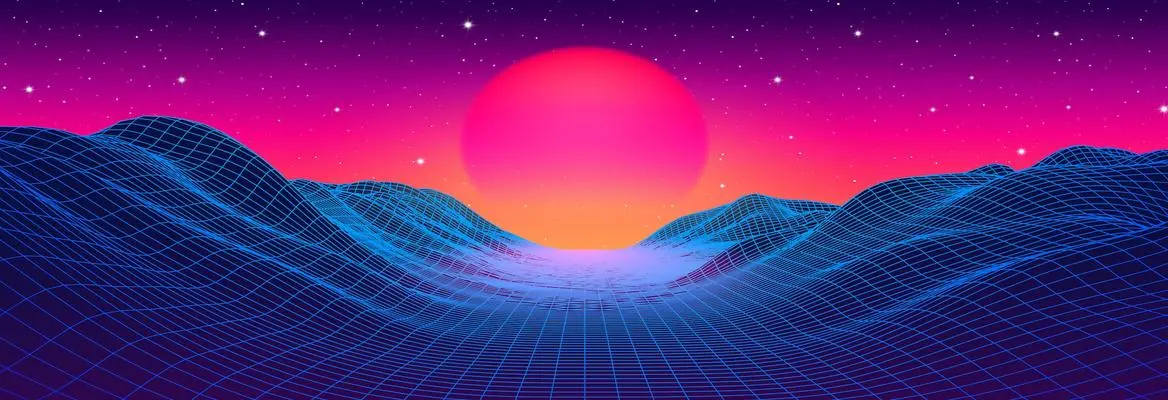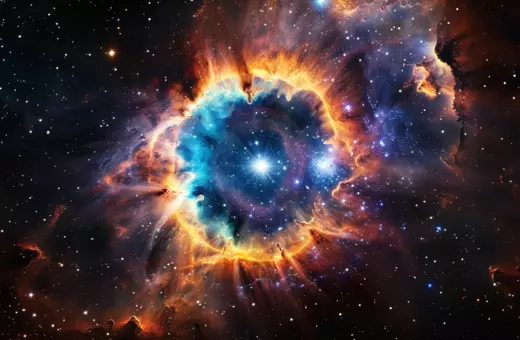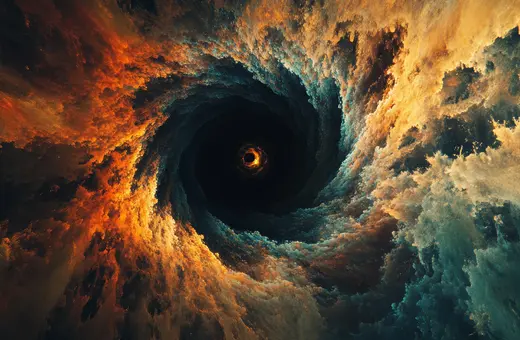Since at least Einstein we have seen spacetime as fundamental. But modern physics, from quantum field theory to gravity, now suggests spacetime is doomed. So, what lies beyond spacetime? We, ourselves, might be part of the answer, writes Donald D. Hoffman.
Who am I? If I glance in a mirror, I appear as a body, as one object among scores in space and time. I feel myself to be immersed in space and time. When I gaze at countless stars on a crisp night, I feel myself shrink to a mere speck that is trekking through space and coasting through time. My immersion is total: space and time are my perceptual reality, yes, but also my conceptual cage. If I challenge myself to imagine something—anything—outside of space or beyond time, I’m stymied. I may as well try to imagine a new color I’ve never seen before. Nothing happens. My confinement within space and time appears complete.
 SUGGESTED READING
Einstein and why the block universe is a mistake
By Dean Buonomano
SUGGESTED READING
Einstein and why the block universe is a mistake
By Dean Buonomano
It is no wonder then that, for centuries, science has taken space and time as fundamental. With Isaac Newton they were fundamental and distinct. With Albert Einstein, and his 1905 theory of special relativity, they are fundamental and united. [1] As Hermann Minkowski announced in 1908: “Henceforth space by itself, and time by itself, are doomed to fade away into mere shadows, and only a kind of union of the two will preserve an independent reality.” [1]
___
David Gross, a 2004 Nobel Laureate in physics, predicted in his tribute to Einstein that spacetime is “doomed”, that it is not fundamental.
___
That union, that fundamental and independent reality, is spacetime. We feel its curves as gravity and see its singularities as black holes. The quantum fields of the acclaimed Standard Model of particle physics are defined over spacetime. It is the foundation for the edifice of science and the spin-offs of technology.
In 2005 physicists celebrated the centenary of spacetime. Then they prophesied its demise. David Gross, a 2004 Nobel Laureate in physics, predicted in his tribute to Einstein that spacetime is “doomed,” that it is not fundamental. He quoted prominent physicists who agreed.[2]
Why do physicists say that spacetime is doomed? Because, they argue, it has no operational meaning below the “Planck scale,” roughly 10-33 centimeters and 10-43 seconds.
For instance, to measure the position of a subatomic particle with higher resolution, we must use radiation of smaller wavelength. Quantum theory tells us that as wavelengths shrink their energy grows. Einstein tells us, in a famous equation, that energy and mass are the same. Thus, as we increase resolution we pack more energy, and therefore more mass, into less space. When the resolution approaches the Planck scale, the density of mass grows so large that gravity spoils the party, creates a black hole, and destroys our measurement.
Moreover, quantum theory tells us that a measuring device is a quantum system, subject to quantum uncertainties. Therefore a more precise measurement requires a device with more degrees of freedom, and thus more mass. So, as I upgrade my lab to make my device more precise, its mass grows to the point where gravity again creates a black hole, destroying my lab and measurement.






















Join the conversation